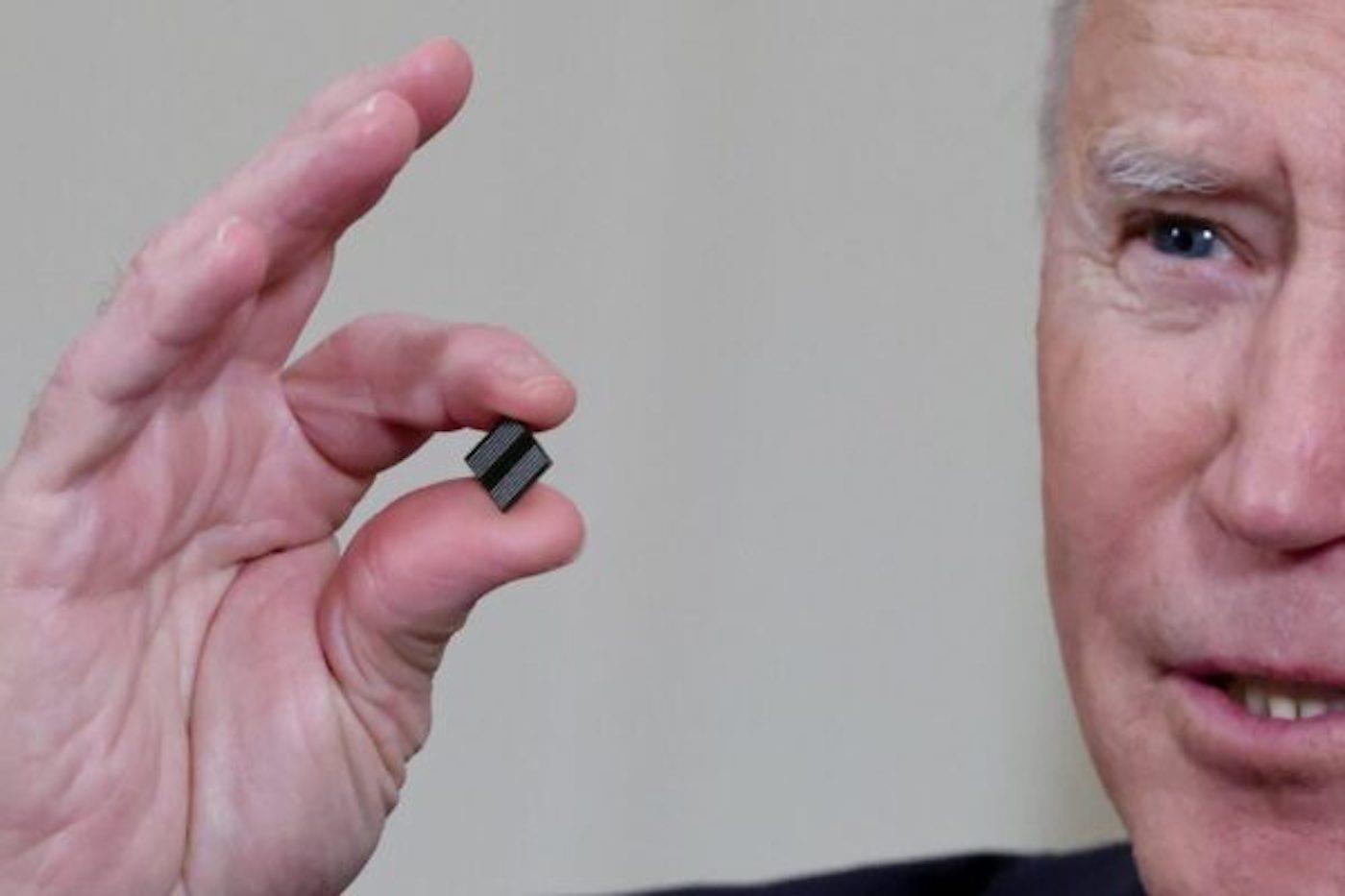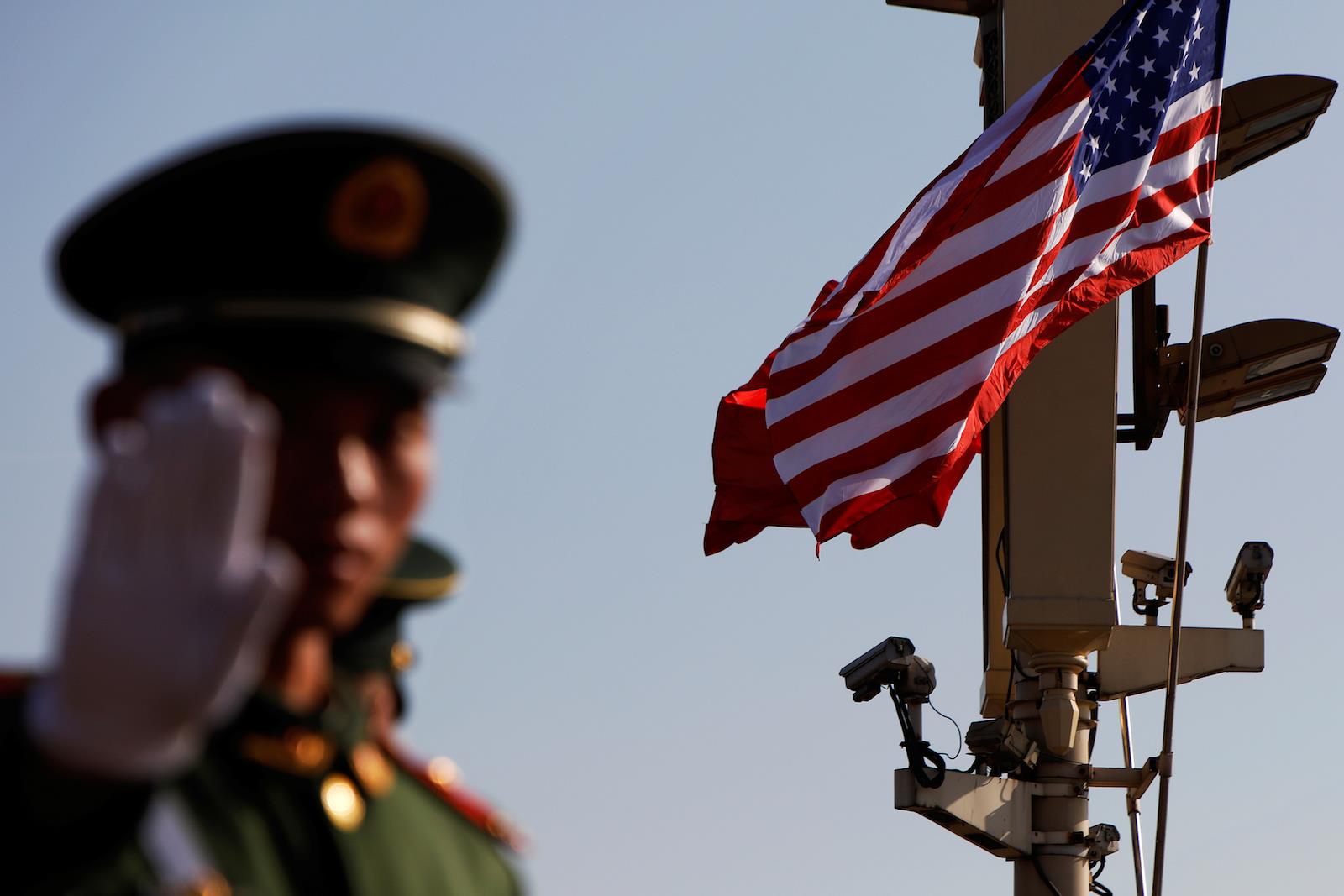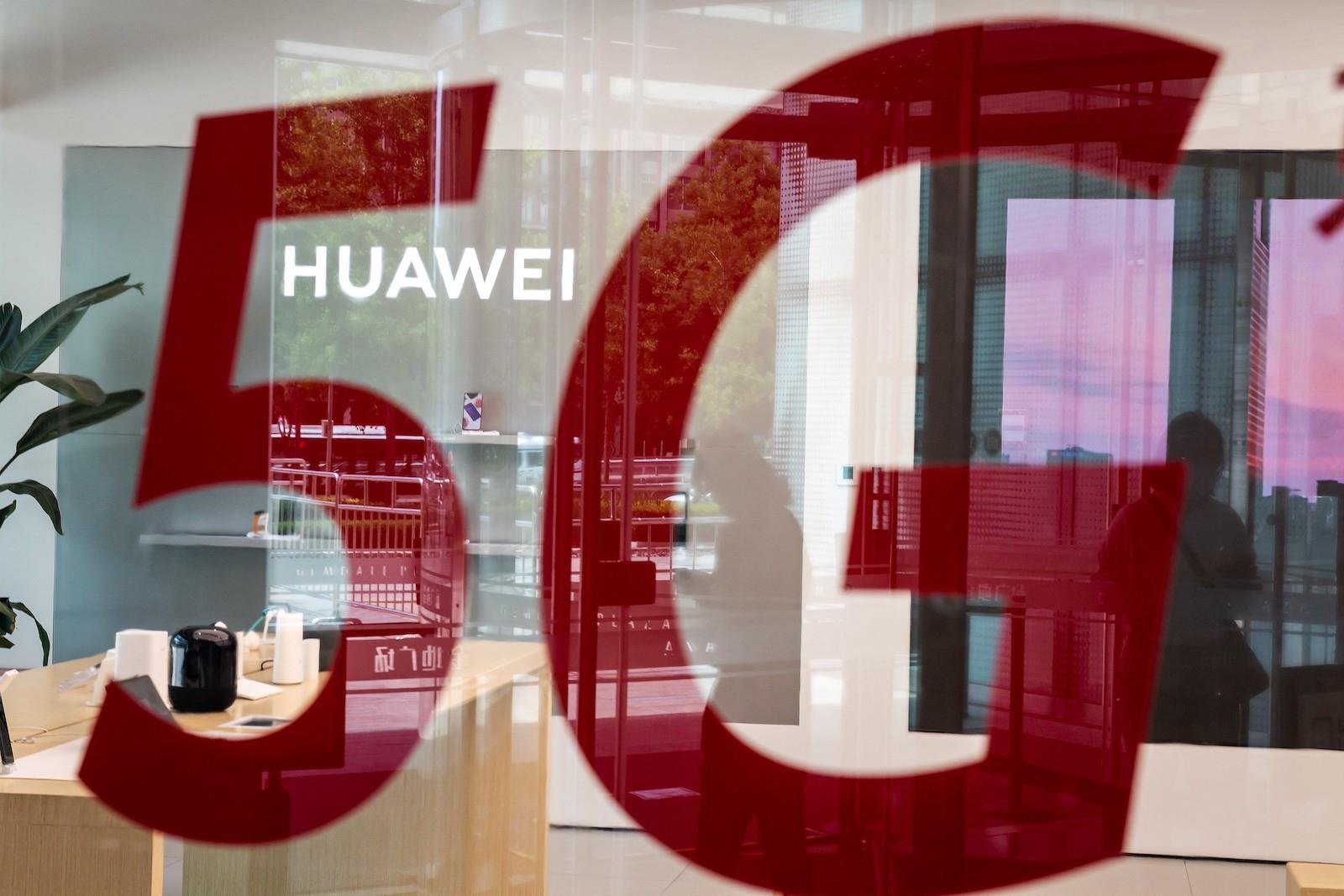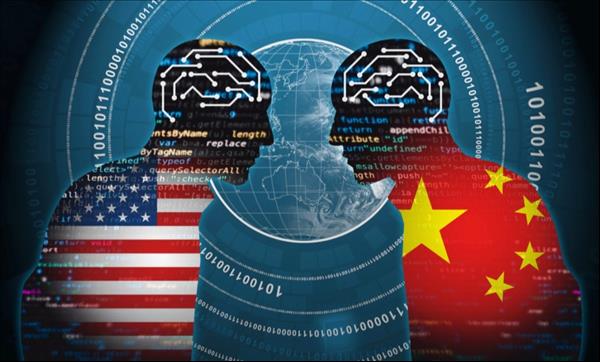
America's AI Edge Fading Fast To China
A new report warns that the US may lose its technological edge over China by 2030 if it doesn't step up on strategic sectors critical to maintaining its advantages.
The report, titled“Mid-Decade Challenges to National Competitiveness ,” was released this month by the congressionally-mandated National Security Commission on Artificial Intelligence (NSCAI) , an independent commission established in August 2018.
The commission is tasked to“consider the methods and means necessary to advance the development of artificial intelligence, machine learning and associated technologies to comprehensively address the national security and defense needs of the United States.”
The report begins by painting a stark picture if the US loses its technological competition with China. In that scenario, China comes to dominate the global economy and earn trillions of dollars in revenue through the development of next-generation technologies it uses for global political leverage.
It also claims that China will use its success to justify and export its authoritarian system, with its digital platforms, surveillance technology and digital payment infrastructure used to undermine democracies, support China's political objectives, target perceived as threatening individuals and refine its propaganda.
The report also outlines the various challenges the US faces in restoring its technological competitiveness.
These include restoring US techno-industrial capacity; integrating US democratic values in AI governance; developing techno-industrial strengths within a cooperative alliance agenda; translating technological advantages into military advantages; mastering emerging technologies to maintain information advantages over near-peer adversaries; and the lack of a hub to coordinate US strengths across commercial, academic and government sectors for international competition.

US President Joe Biden wants more advanced semiconductors produced in America. Image: Twitter
The report emphasizes the need for a US master plan that draws on the strengths of its public-private system using a whole-of-economy effort but without mimicking China's fused, state-centric, authoritarian model.
In the same vein, it calls for a techno-industrial strategy that encourages technological diffusion from labs to markets and, at the same time, fills in economic and national security gaps.
Finally, the report stresses that the US should govern AI systems wisely, shaping their development and use through the full range of regulatory and non-regulatory governance mechanisms.
The report states that the US and its allies must provide technological alternatives to those of China, with these alternatives demonstrating more promise for success and prosperity than those of the closed systems and technologies developed by authoritarian competitors.
In terms of defense, the report calls for developing an“Offset-X” strategy based on the US' persistent asymmetric strengths and envisions the deployment of capabilities that China will struggle to match or copy.
It also says that the US intelligence community's ability to provide competitive advantages to policymakers will depend on its mastery of emerging technologies, such as AI, to integrate increasingly diverse all-domain information.
The report also identifies the technologies the US can use to drive its future competitiveness against China and other rivals. These technologies include AI, computing power, networks, biotechnology, energy generation and storage and smart manufacturing.
It concludes by saying,“Whether the US can rise to the occasion and harness the promise of the pending wave of revolutionary technologies will determine who wins the 21st century.”
The report's language is consistent with the Biden administration's framing of intensifying US-China rivalry as a struggle between democracy and authoritarianism. However, such framing may be an attempt to apply ideological cover to overt and desperate attempts to stop the rise of a peer competitor.

A paramilitary policeman gestures under a pole with security cameras, US and China's flags near the Forbidden City ahead of the visit by US President Donald Trump to Beijing, China November 8, 2017. Photo: Agencies
In a 2021 article for East Asia Forum , Professor Baogang He criticizes this framing as an outdated and myopic Cold War approach that masks the US' denial of acknowledging China's promotion of the right to development.
Furthermore, from an ideological standpoint, He points out the supposed superficialities of the Biden administration's framing of the US-China rivalry as an autocracy versus democracy struggle, saying that China's socialist approach is aimed at preventing domestic unrest rather than promoting ideological loyalty.
He also notes China has helped democratic states such as Italy and Greece avoid financial collapse while pointing out that China's growing partnership with Iran and Russia is driven by US pressure rather than shared ideology.
He also points out that by overplaying the autocracy versus democracy narrative, the US risks taking an exclusionary approach that alienates states that do not wish to choose between the US and China.
This potentially false dichotomous framing precludes US technological cooperation with China, which may have serious long-term consequences. The relationship between the two superpowers is one of the main factors driving the course of events in contemporary times.
Furthermore, the report's recommendation of an Offset-X military strategy against China may be an implicit admission that the US has already lost some critical advantages over its Chinese rival. Previous offset strategies framed by the US and NATO sought to nullify the Soviet Union's numerical and conventional military advantages through nuclear weapons and other advanced technologies.
Such framing may be accurate in some areas, such as hypersonic weapons, where struggling US efforts to develop such have led to it enlisting help from the private sector or assuming a denialist position about losing its lead to China in this area.
Despite potentially losing out on some military aspects, the US may be overemphasizing the whole military aspect of its rivalry with China within its autocracy versus democracy narrative, with unwarranted spillovers in technology areas.
In a 2021 article for Foreign Policy , Michael Swaine notes that in military terms China cannot destroy the US without destroying itself. He also points out that the US still maintains overwhelming nuclear and conventional forces compared to China and that the greater danger is for the US to militarily overreact to China's actions and policies in Asia, thus alienating critical allies.
While the NSCAI report voices concerns about China shaping the global technological landscape to the detriment of the US, such fears may still be overblown.

Huawei is helping China export its technology and technological standards worldwide. Photo: AFP / Nicolas Asfouri
Swaine notes that while some observers claim that China is setting standards in critical technologies and installing its hardware around the world, standard-setting is a highly-competitive process and that the US, Europe and Asia hold major portions of the standards and the standard-essential patents that underpin the global technology ecosystem.
He argues that there is no chance China can single-handedly impose its technical standards and that if China would forcibly set its standards, the result would be a fragmented technology ecosystem that leaves all countries impoverished and does little to strengthen China's power.
In exporting standards and, by extension, its political system, Swaine argues that China aims for developing countries, not industrialized democracies such as the US. Its goal, Swaine says, is for the former to copy some aspects of China's approach to legitimize its system internationally and domestically rather than displacing US power.
In sum, the NSCAI report potentially overlooks the Biden administration's stance of “we'll cooperate wherever we can; we'll contest where we must” by overplaying the autocracy versus democracy narrative, overemphasizing military aspects, ignoring an inclusive approach that leverages China's advances for shared goals and the betterment of the human condition through technology.

Legal Disclaimer:
MENAFN provides the
information “as is” without warranty of any kind. We do not accept
any responsibility or liability for the accuracy, content, images,
videos, licenses, completeness, legality, or reliability of the information
contained in this article. If you have any complaints or copyright
issues related to this article, kindly contact the provider above.


















Comments
No comment